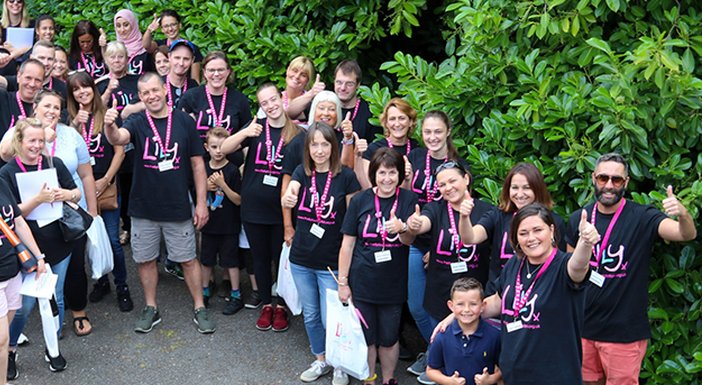We are The Lily Foundation and we’re fighting mitochondrial disease and finding hope for everyone affected. Our vision is for a world in which every mitochondrial disease patient has a voice and access to treatment, support to improve their life and, ultimately, a cure. These are the key ways in which we’re making our way towards that vision.
We understand that every mito story is different
Mitochondrial disease is a complex condition, and we’re navigating its complexities together, learning more about it every day. It affects people medically in a wide variety of ways, and every individual has their own needs and different – often very difficult – choices to make. We respect every family’s right to choose their own path in dealing with the disease and we aim to offer support wherever we can.
We respect the UK medical profession and its codes of practice
The UK is a world leader in mitochondrial disease research and in the standard of care available to mito patients. The Lily Foundation respects the expertise and dedication of the medical professionals we work with and adheres to the overriding principle in UK medical law that the interests of the patient always come first, which is not the case in all countries.
Investment in mitochondrial research gets results
Mitochondrial disease is under-researched. Supporting medical research is a fundamental aspect of our work, not only because it could potentially lead to a cure but also because it helps to improve lives now. Lily-funded research projects have already resulted in faster, less invasive patient diagnosis and helped affected families to have healthy babies. Several promising avenues for new treatments are currently being explored, and the patient voice is at the heart of everything we do.
The people we support are our greatest strength
We’re dedicated to providing essential, ongoing support to mitochondrial disease patients, their families and designated carers. We work to empower patients and represent their voices across the mitochondrial landscape.
We’ve built a close-knit community with compassion, kindness and knowledge at the heart of everything we do. A community that offers support and guidance to everyone affected by mitochondrial disease, helping them to find hope along a journey that can be extremely difficult to navigate alone.


